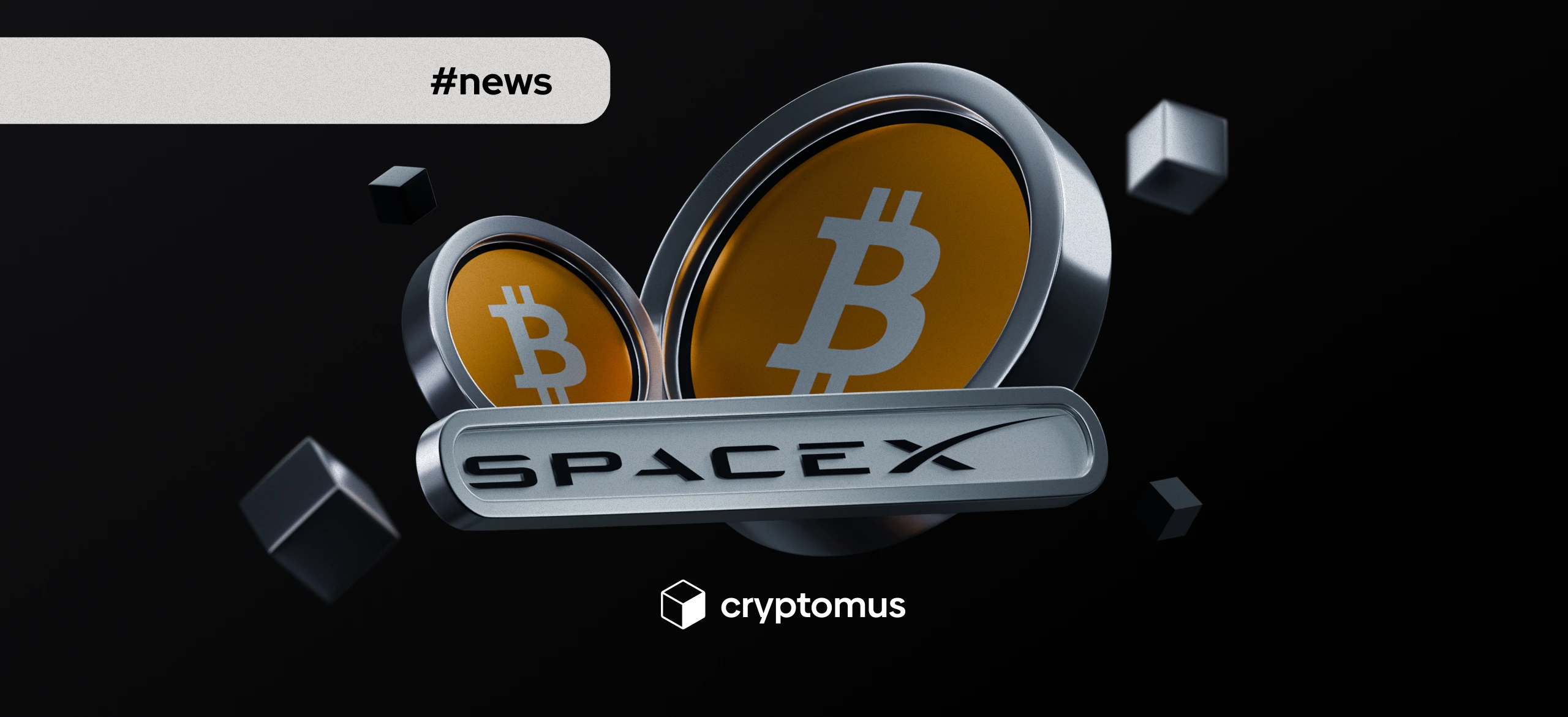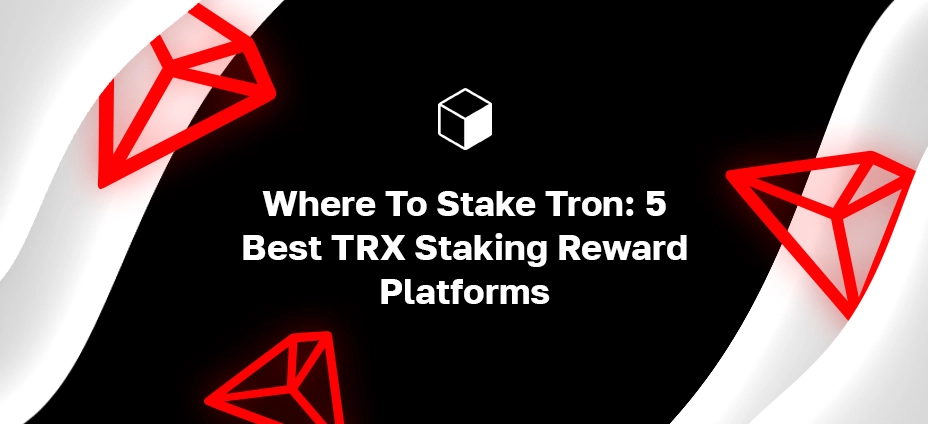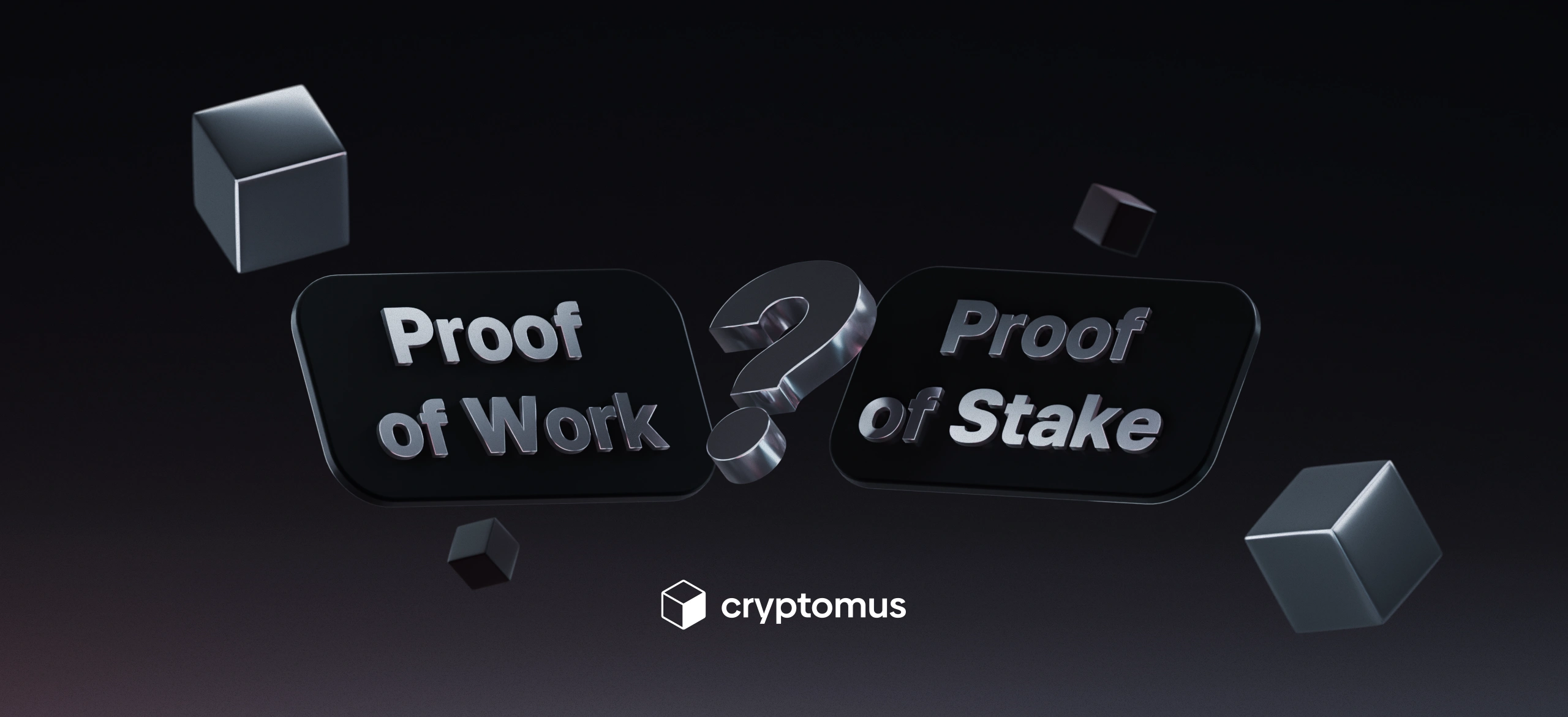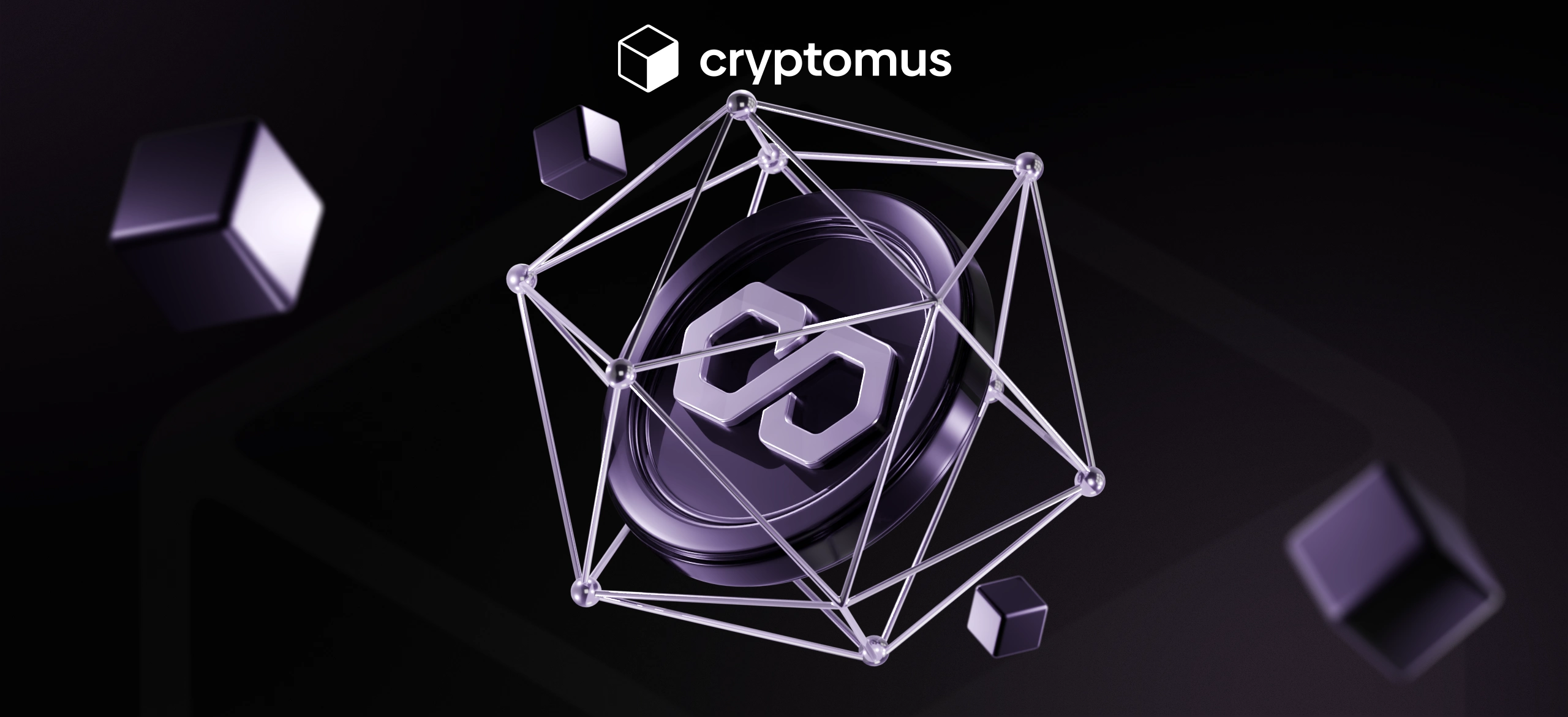
Is Polygon Decentralized Or Centralized
Table of Contents
Polygon is a Layer 2 scaling solution for Ethereum that enhances its translation speed and lowers fees. Its impact has earned it recognition, but concerns about its level of decentralization are still widely discussed by users.
In this guide, we'll explore the strategies POL uses to remain independent of central authority. We'll analyze how it upholds its decentralized framework and the risks that might impact its stability.
What Does Decentralization Mean?
Decentralization means the system operates without a central governing body. Control is shared across participants, encouraging transparency and protecting against manipulation.
In traditional systems, such as banking or governance, a central authority typically oversees operations. For instance, central banks handle monetary policies, while governments implement regulations. Decentralized systems work differently—tasks and responsibilities are shared among participants, removing full control from any one entity. This concept is central to blockchain and cryptocurrency. Below are the core aspects of decentralization:
- Shared governance: decisions are influenced by the contributions of all participants.
- Inclusive involvement: everyone is welcome to join and contribute to the network’s growth.
- Resilience: the system remains operational, even when some nodes are down.
- Transparency: every action within the network is visible, building trust among users.
Is Polygon Decentralized?
Now, on to the main question: is POL decentralized? This is where things get interesting. Polygon is considered decentralized, but its independence is limited by validator concentration and reliance on Ethereum bridges. We’ll revisit these and other challenges soon, but for now, let’s concentrate on its operation without centralized management.
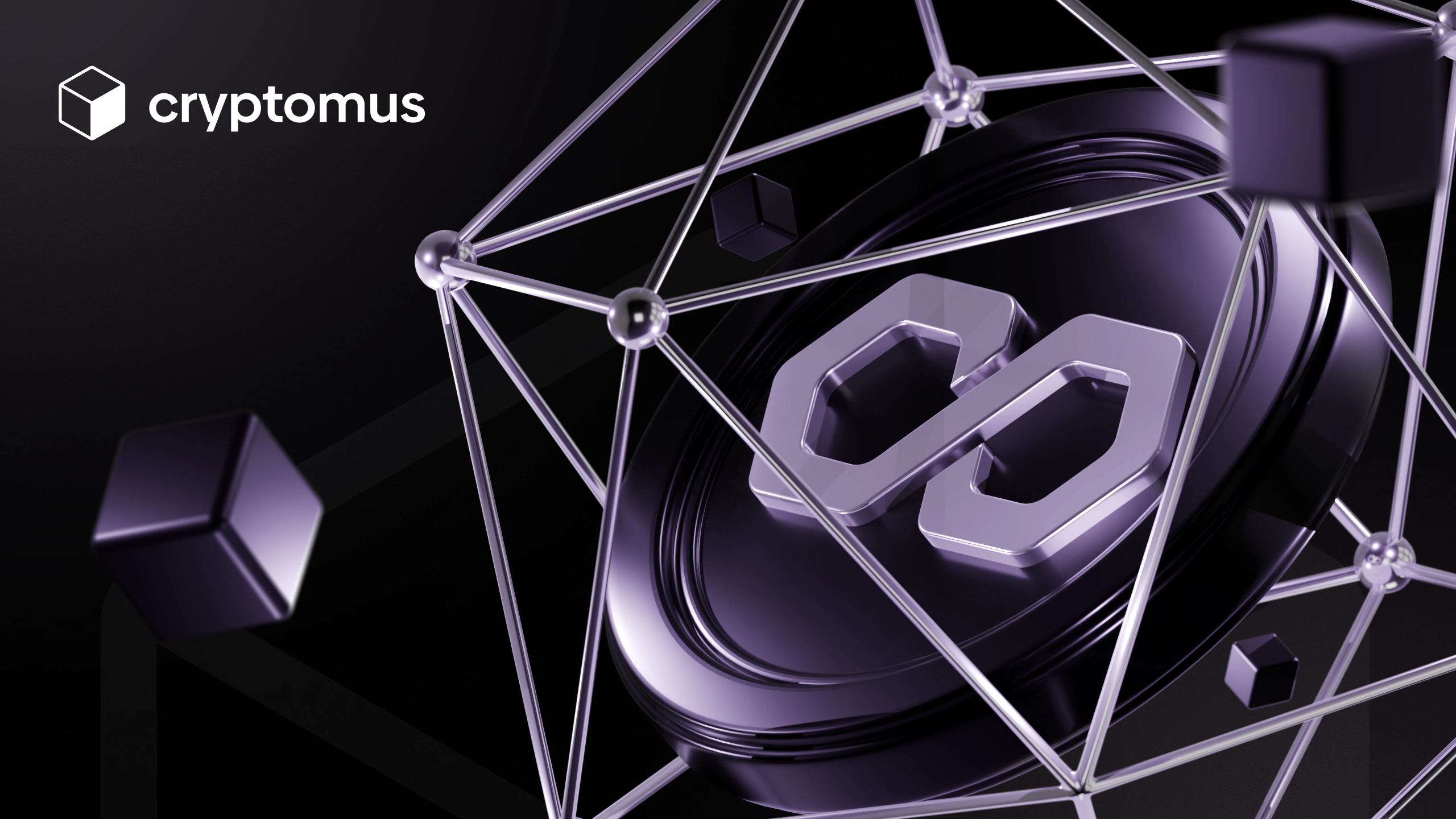
Polygon achieves decentralization through its geographically distributed validators, custom Proof-of-Stake consensus, community governance, and an open-source framework. To help clarify things, let’s go over each of those aspects separately.
Polygon's decentralization is primarily maintained through its distributed network of independent validators. While POL has a smaller number of validators compared to Ethereum, they are geographically distributed and independent. It uses a modified Proof-of-Stake mechanism where validators can stake POL to participate in the consensus process by verifying transactions.
Also, being open-source, Polygon allows anyone to access its code and contribute to its ecosystem. It gives token holders a say in major decisions and the overall path of the network. However, maintaining decentralization can be difficult, and we'll explain why.
What Issues Affect Polygon's Decentralization?
As we’ve mentioned, there are some factors that could pose challenges to POL staying free of central authority. They include:
- Token distribution: while Polygon’s governance model is decentralized in theory, it often depends on how many tokens someone owns. This gives holders with a large number of tokens more influence in decisions.
- Bridge dependencies: the connection between Polygon and Ethereum is made through bridges, which are often controlled by particular entities. This creates the risk of them becoming single points of failure. If a bridge is hacked or the operators act maliciously, it could affect those relying on it.
- Validator concentration: Polygon has fewer validators compared to Ethereum which raises the risk of too much control being concentrated in a few hands.
- Regulations: with stricter laws and stronger KYC and AML protocols in place, the adoption of POL might be hindered, potentially pushing the ecosystem toward greater centralization.
As you can see, whether Polygon is fully independent of central control depends on which aspects you look at. If we define decentralization as total freedom from centralized power, then Polygon still has room for growth. However, when it comes to layer-2 solutions, it does achieve a solid level of decentralization.
We hope this guide was beneficial. Send in your thoughts and questions below!
Simplify Your Crypto Journey
Want to store, send, accept, stake, or trade cryptocurrencies? With Cryptomus it's all possible — sign up and manage your cryptocurrency funds with our handy tools.
Get Started







